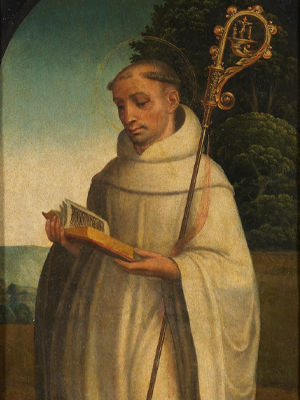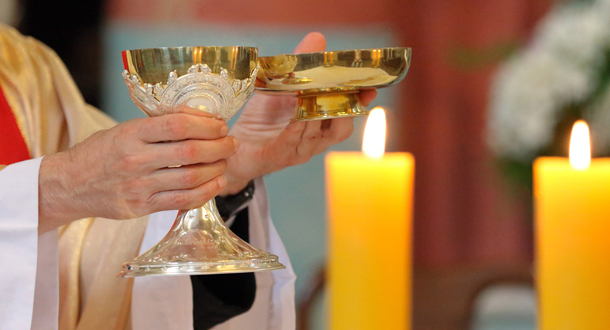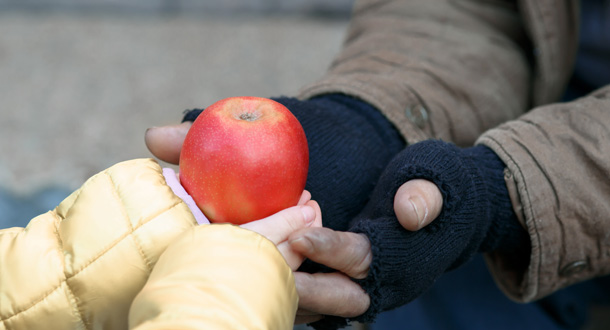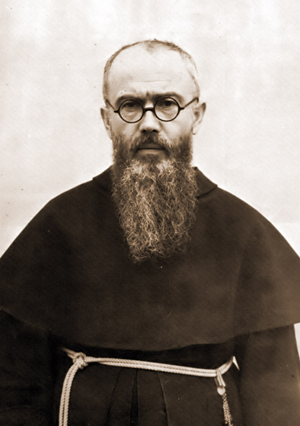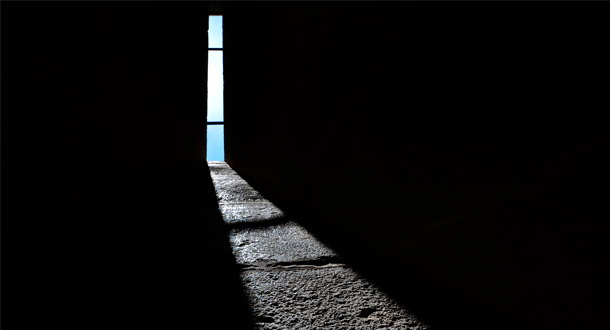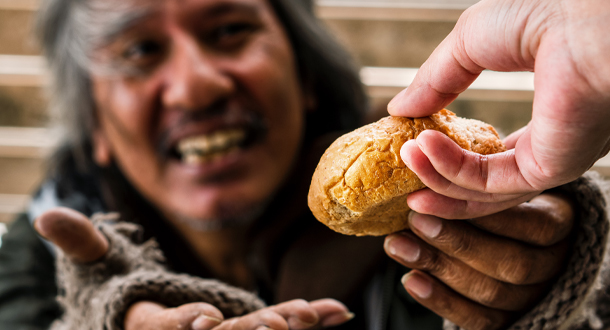
Scripture:
Ezekiel 34:1-11
Matthew 20:1-16
Reflection:
How do we use our power and authority in relation to others? Do we use them to care for and help others? To offer comfort, support, and encouragement? Or do we use them only for our own benefit, even if that means treating others unjustly?
These questions arise naturally from today’s reading from the Book of Ezekiel. The prophet announces a word of righteous judgment against the “shepherds of Israel,” because instead of watching over and protecting the “sheep” that were entrusted to them, they were “pasturing themselves,” using their position to ravage and exploit, crushing the people they were given to safeguard and serve in order to promote and advance themselves. In their greed and lust for luxury, these false and pernicious leaders were completely insensitive to the sufferings and needs of their people. As the prophet vehemently chastises: “You did not strengthen the weak nor heal the sick nor bind up the injured. You did not bring back the strayed nor seek the lost, but you lorded it over them harshly and brutally.” Nothing expresses more dramatically the wickedness of these perverse shepherds than the prophet’s closing judgment that the sheep were being devoured by the very ones who should be looking after them.
What might Ezekiel’s chilling words mean for us? The sheep are anyone who is poor, needy, exploited or victimized. They are anyone who is lonely, hopeless, loveless or lost. Anyone among us who suffers and is in need, anyone who longs for healing and consolation, are sheep yearning to be comforted and assisted, rescued and reassured.
Each day we are called to be shepherds because every one of us has the crucial responsibility to live on the lookout for all who are in need of help, healing, and hope. Like Jesus, the good shepherd, each day we are summoned to bless, to build up, and to do good in any way we can. Like the landowner in today’s gospel story, we know it is never too late in the day to help someone in need.
Paul J. Wadell is Professor Emeritus of Theology and Religious Studies at St. Norbert College in De Pere, Wisconsin, and a member of the Passionist Family.

